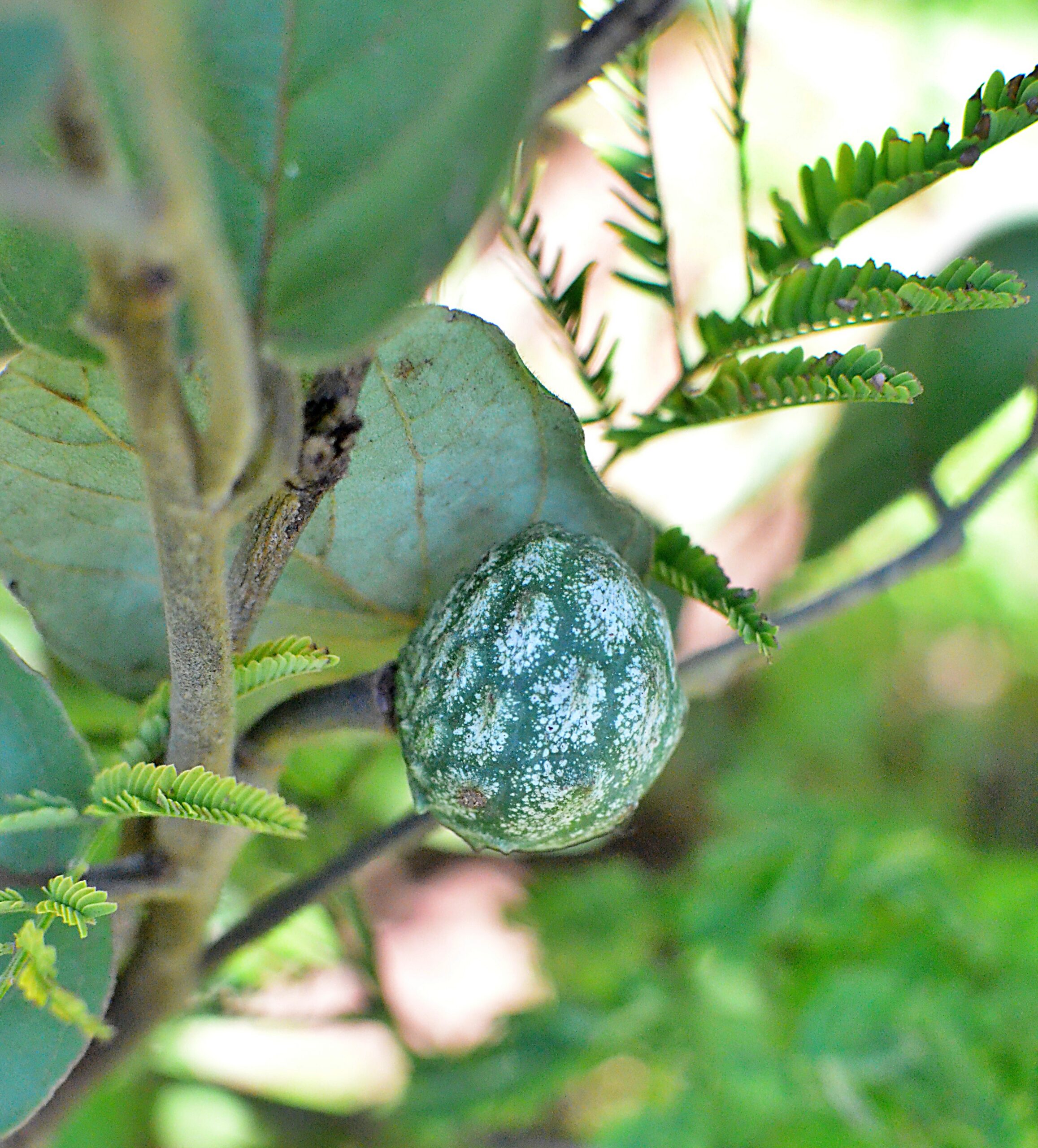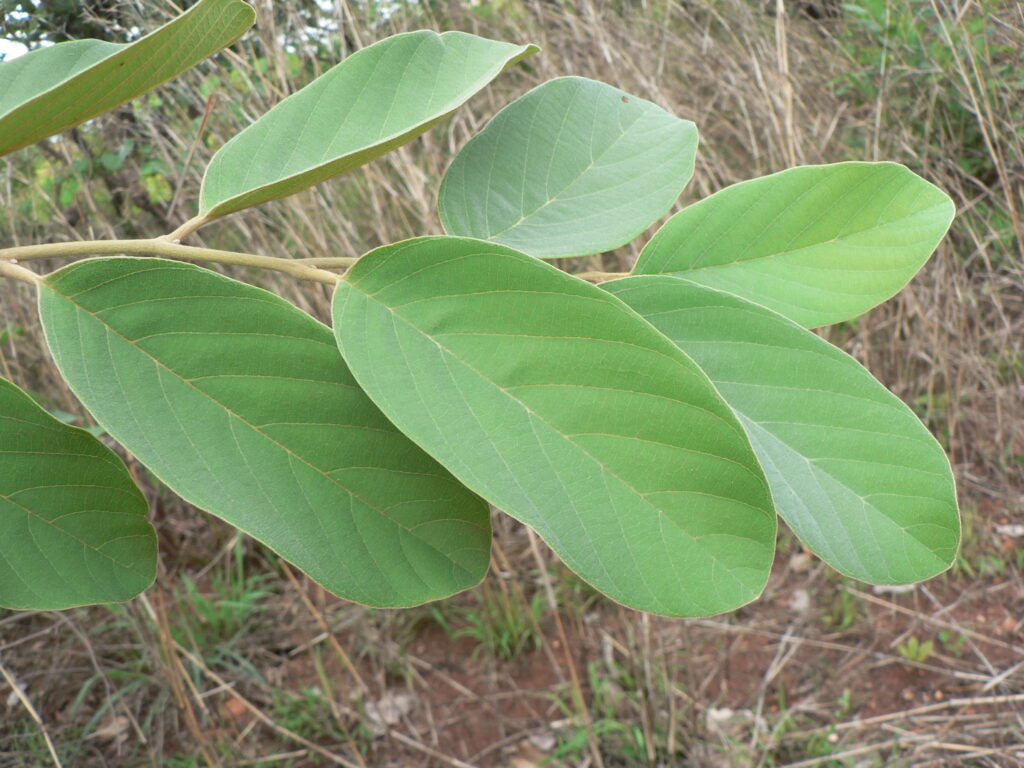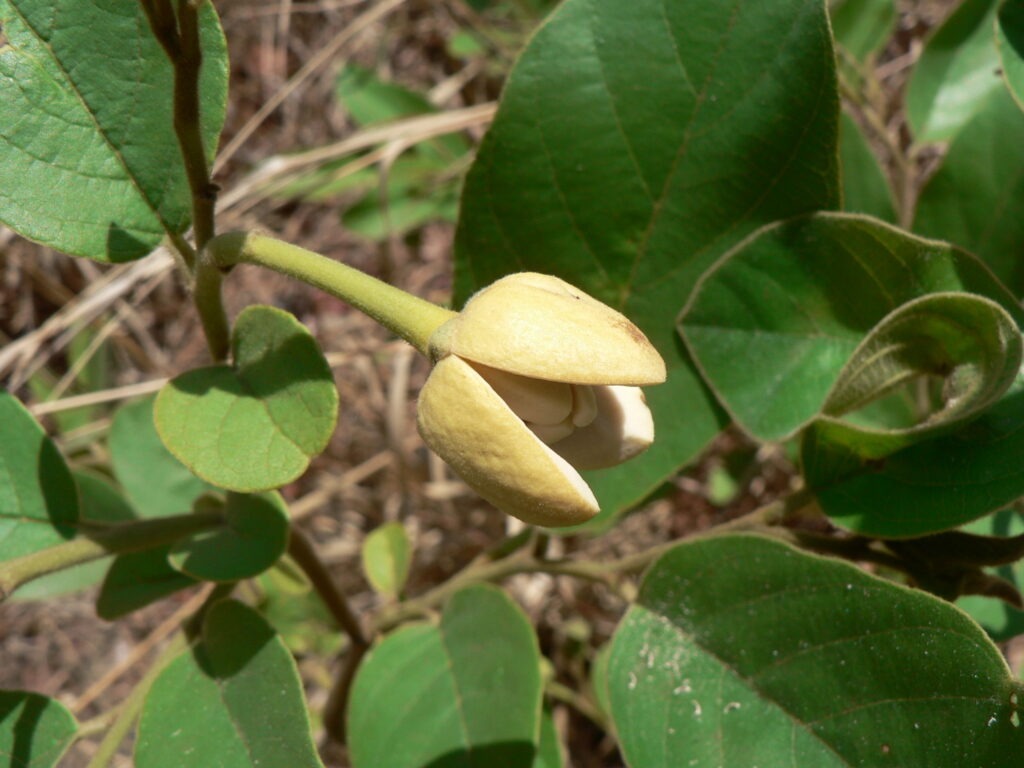
The wild custard apple (Annona senegalensis) is also known as the ‘African custard apple’ or ‘wild soursop’. In Chichewa, it is called ‘mposa’. This small tree (2-6 meters) has numerous nutritional and medicinal benefits.


Nutritionally, the wild custard apple has been analyzed and shown to contain nutrients such as: fat, fiber, protein, and carbohydrate. In addition, it contains many minerals, such as: potassium, phosphorus, calcium, sodium, magnesium, sulphur, chlorine, aluminum, silicon, vanadium, chromium, manganese, iron, nickel, copper, zinc, selenium, brome, molybdenum, and iodine.
Medicinally, it has been reported that the wild custard apple has been used by humans as: a stimulant, pain reliever, anti-oxidant, antidiarrheal, antimicrobial, antiparasitic, anticonvulsant, antimalarial, antiinflammatory, and an anti-snake venom. The leaves have been reportedly used for the treatments of tuberculosis, yellow fever, smallpox. The root is effective in treating gastritis, reproductive deficiency, snake bites, impotence, erectile dysfunction, tuberculosis, and infectious diseases, and in the management of diabetes and malaria.
Jesse Williamson reports in ‘Useful Plants of Malawi‘ that: “Rope is made from the bark; leaf tips and bark for colds; poultice of leaves for pneumonia; roots boiled with sour orange for stomach aches; and, bark is pounded with water and used to dress women’s hair.”
All donations go directly towards helping to spread Permaculture solutions throughout Malawi. Every little bit helps, and even a little can go a long way!
